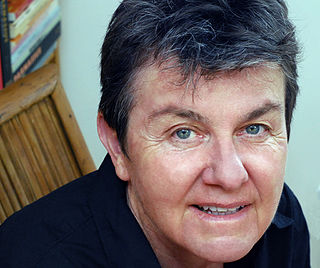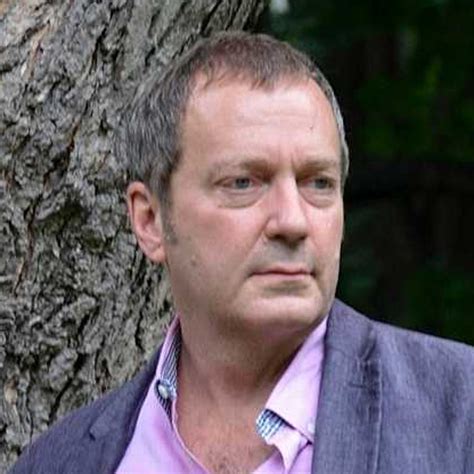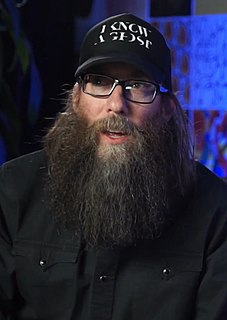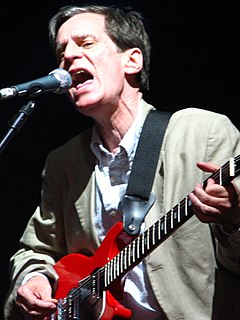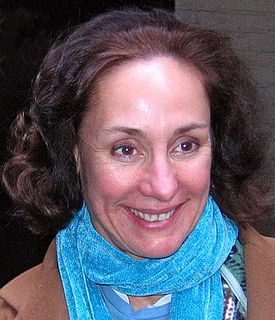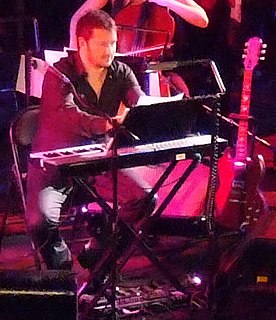A Quote by Hilary Hahn
What I do is creative. It doesn't seem like that when I'm playing a piece that was written in the past, but the score is just the outline and everything in it is relative. The key is to make this piece written by someone else belong to you and then connect to the audience.
Related Quotes
I don't think too much about the past when I am actually playing, I prefer to concentrate on the present. The performance of a piece, no matter how long ago or where it was written, is always a new production, something that comes alive in the present. And it doesn't matter if the piece was written two or three hundred years ago if it is alive in us.
I don't think any poetry is written that isn't primarily written to the self, in a way... I'm always talking to myself. But I seem to want somebody else to listen to it. I need, I do want an audience. So it's a strange thing. It's a very private conversation that then, you make public, kind of, like, the starfish flipping its stomach out.
I never felt like a happy-go-lucky ingenue to begin with. And parts are written better when you're older. When you're young, you're written to be an ingenue, and you're written to be a quality. You're actually not written to be a person, you're written for your youth to inspire someone else, usually a man. So I find it just much more liberating.
What a joy it is to read a book that shocks one into remembering just how high one's literary standards should be.... a tour de force by one of England's best novelists.... Atonement is a spectacular book; as good a novel - and more satisfying... - than anything McEwan has written....sublimely written narrative.... The Dunkirk passage is a stupendous piece of writing, a set piece that could easily stand on its own.
It has always been on the written page that the world has come into focus for me. If I can piece all these bits of memory together with the diaries and letters and the scribbled thoughts that clutter my mind and bookshelves, then maybe I can explain what happened. Maybe the worlds I have inhabited for the past seven years will assume order and logic and wholeness on paper. Maybe I can tell my story in a way that is useful to someone else.
The last collaborator is your audience ... when the audience comes in, it changes the temperature of what you've written. Things that seem to work well -- work in a sense of carry the story forward and be integral to the piece -- suddenly become a little less relevant or a little less functional or a little overlong or a little overweight or a little whatever. And so you start reshaping from an audience.
I've written so many things over the years that I don't want to go back to being just a scriptwriter. I'm in what I consider to be the enviable position of all I have to do is come up with the idea and write an outline that makes it seem like it's a viable idea that will interest people, and then other people write the scripts -- and I become the executive producer or the producer, depending on how much involvement I have, and I get a creative credit and then move on to the next project.
When I get a beautifully written piece of material, I immediately start imagining how I would interpret it. I love just daydreaming about it for months, breaking it down, seeing where I can spin something. How I can turn this into the most fun ride for the audience that I can make it? That's my job.
I really like to absorb the project and watch it and work on the music a lot and just get the feel for it until eventually a moment comes where I know I've got it. A lot of it is trial and error. Some days a piece of music doesn't work then other day another piece of music finally says something and works with the picture and suddenly casts a light on all the other stuff you've done - probably because my mind is getting to understand it and the piece is educating me. I always feel like the score is in there already somewhere and I just have to channel it and accent it.



